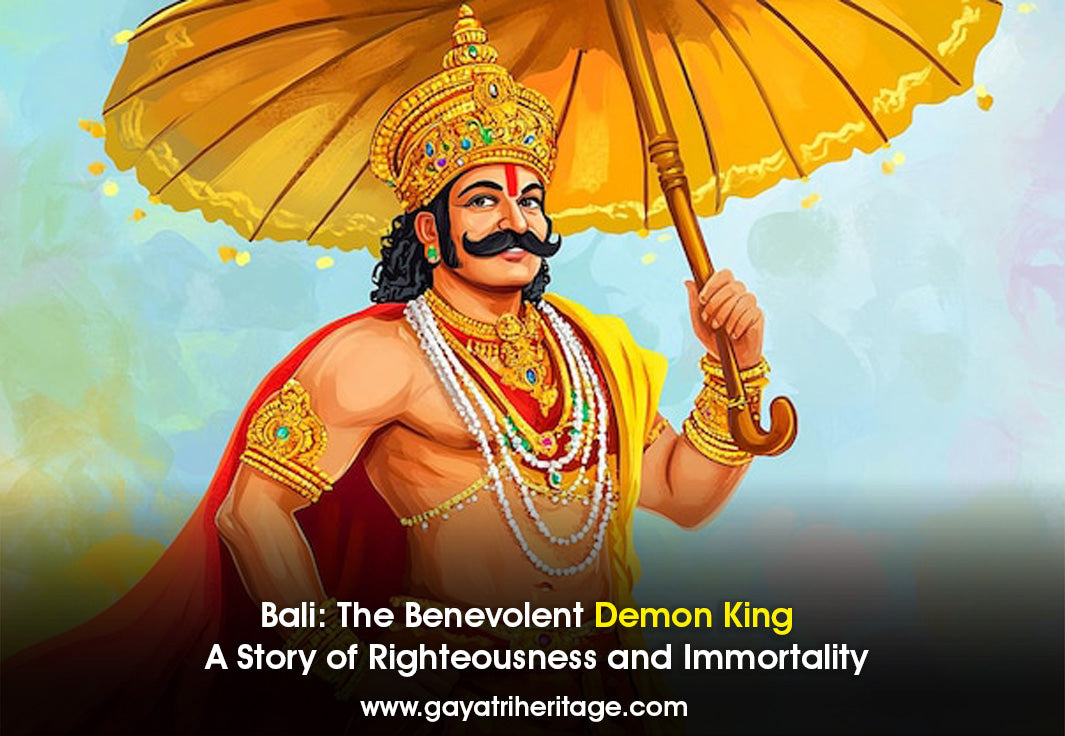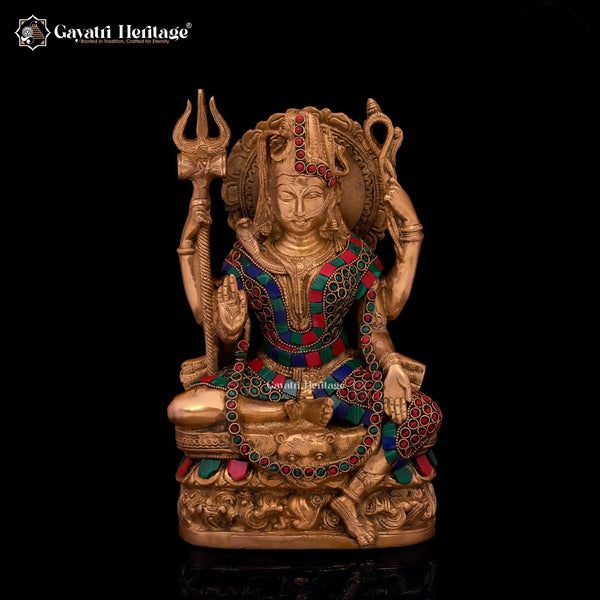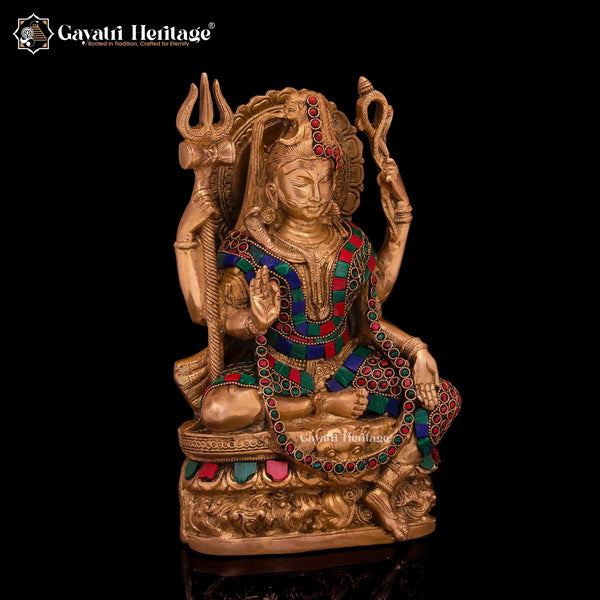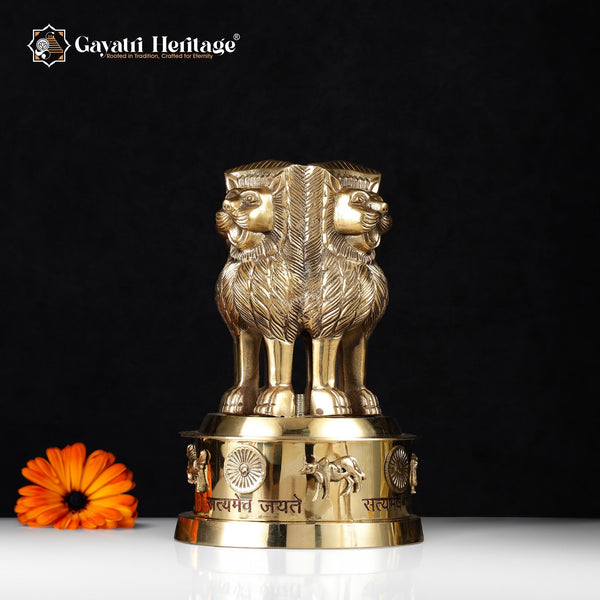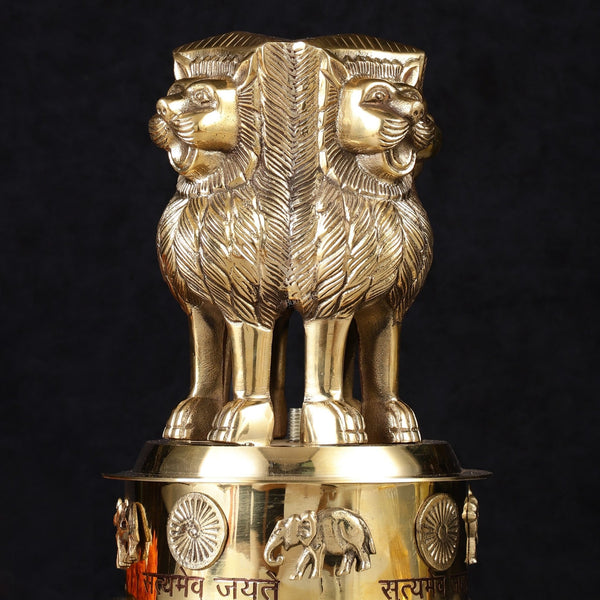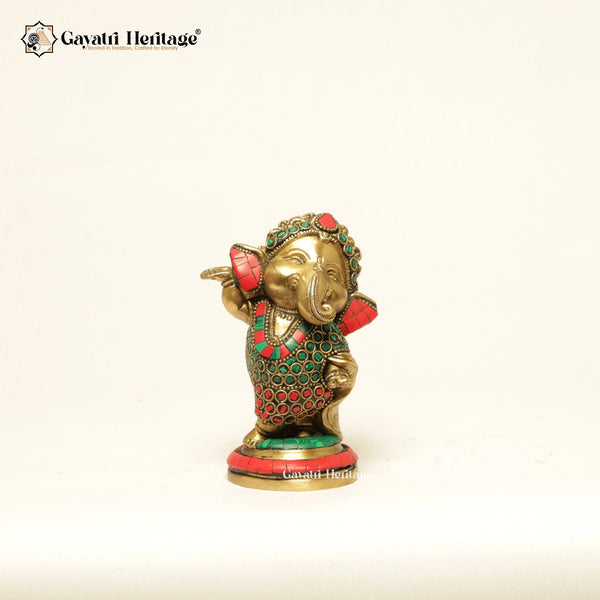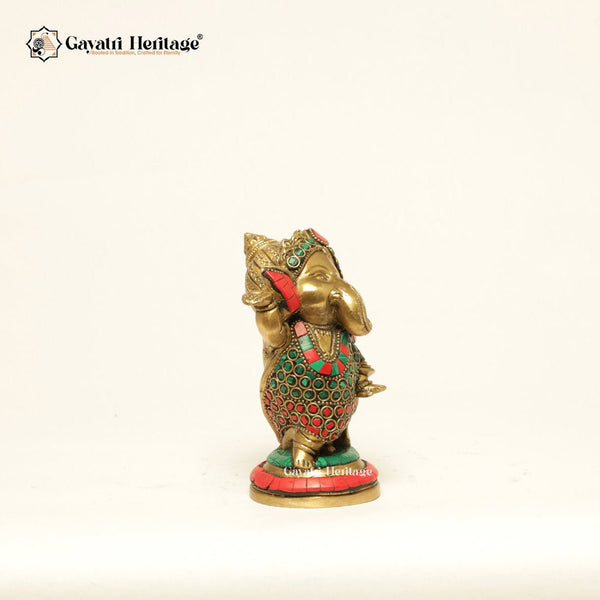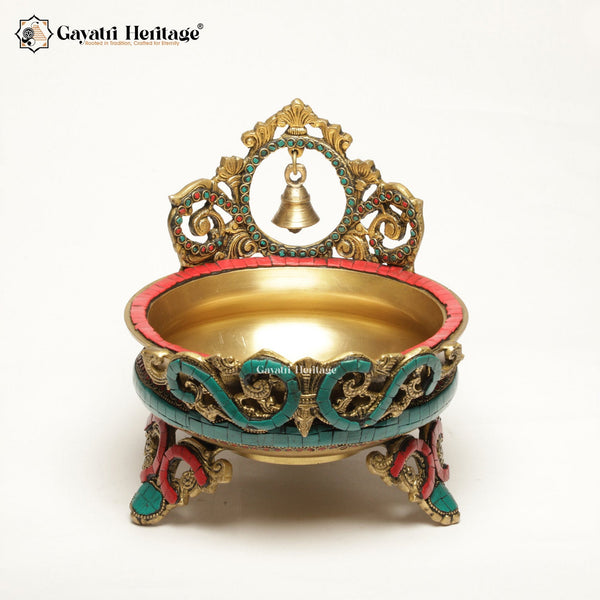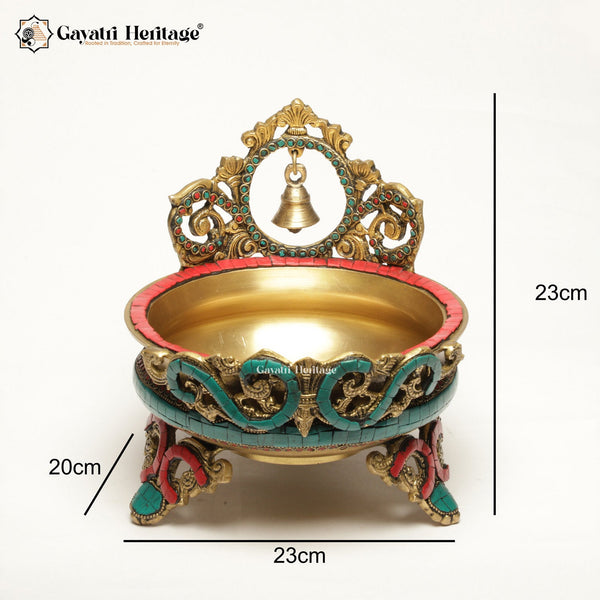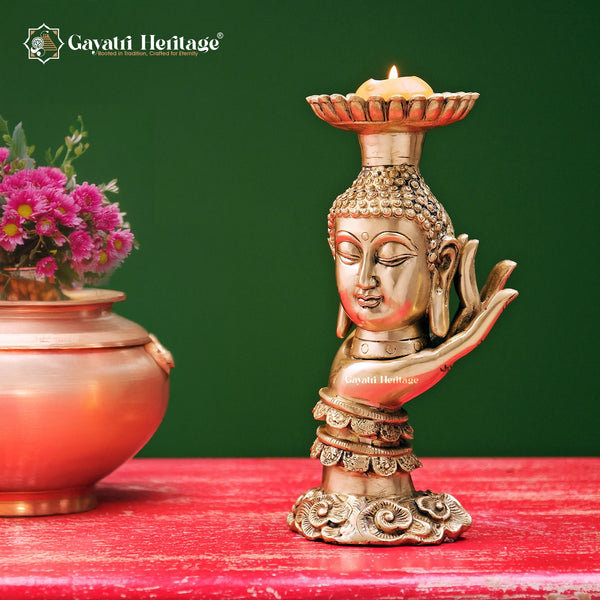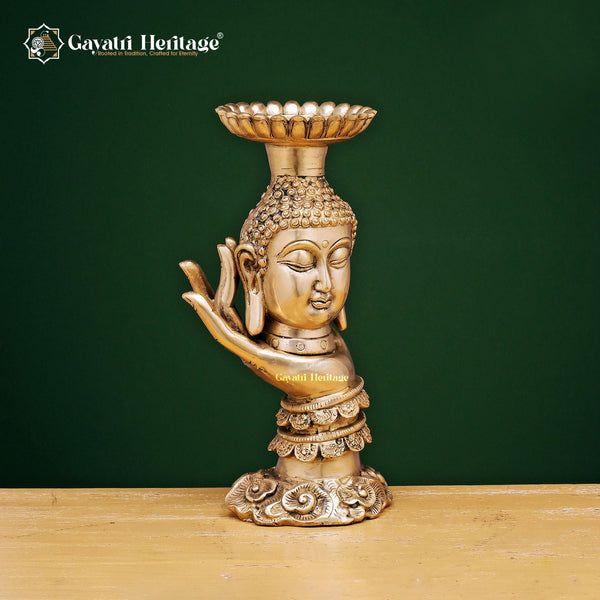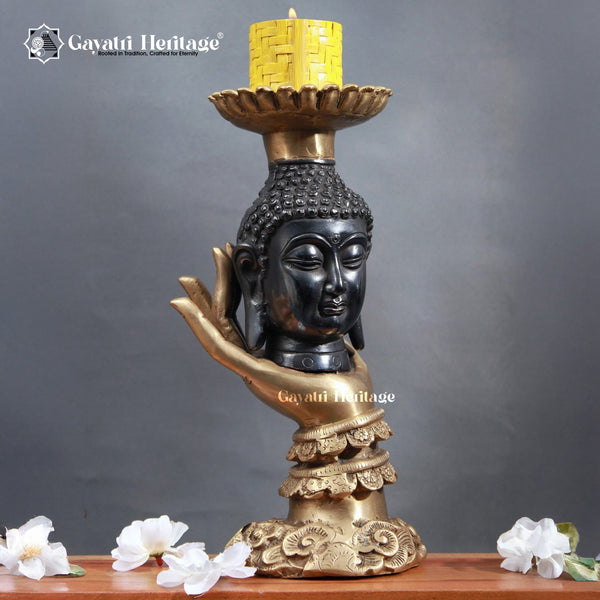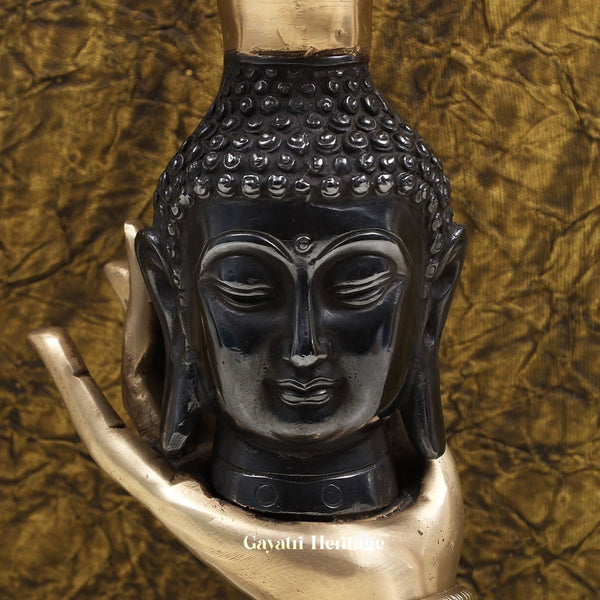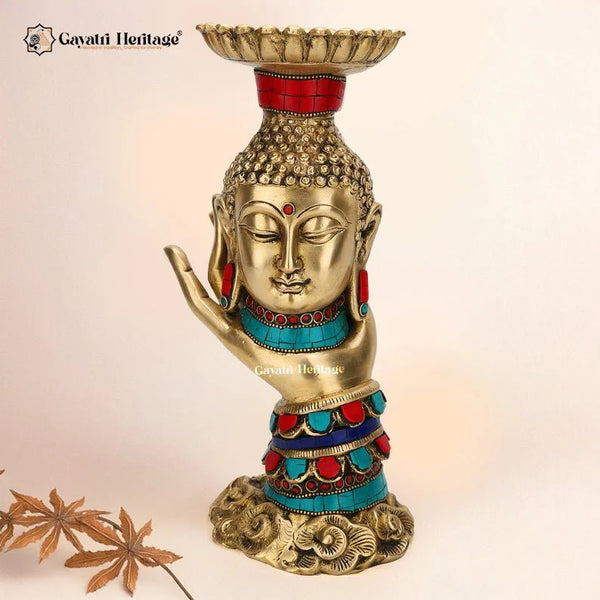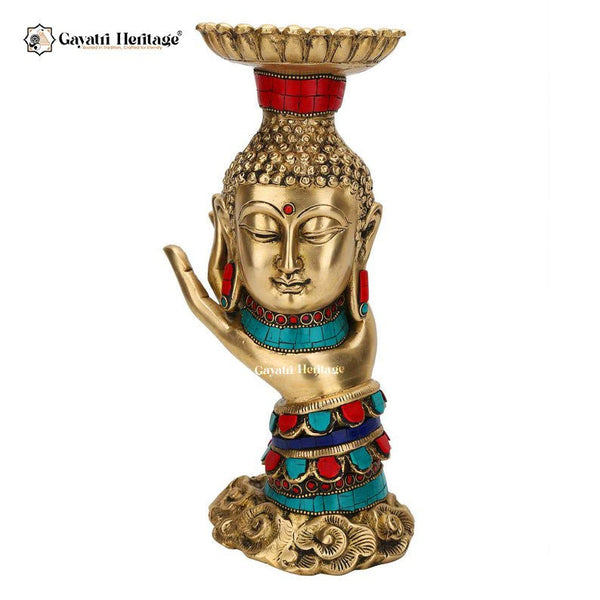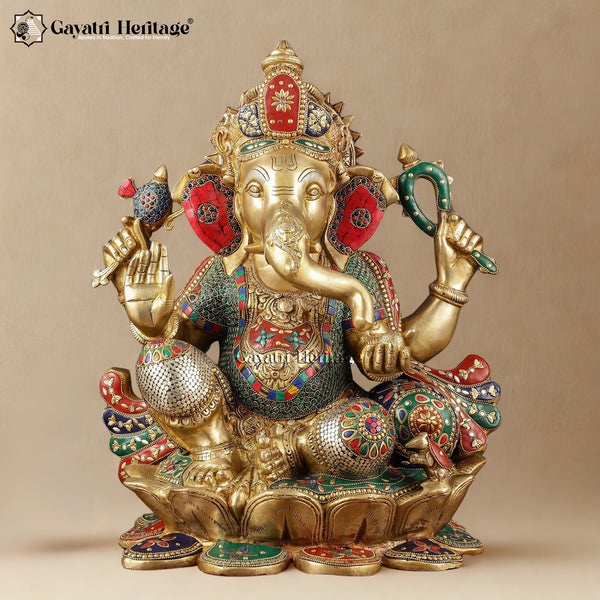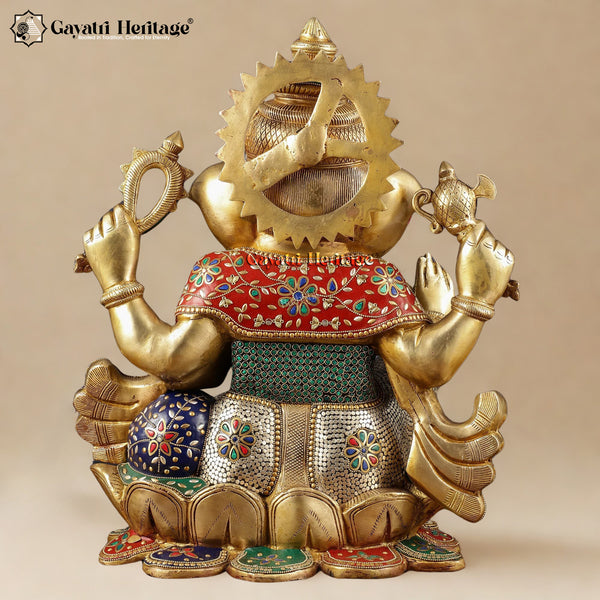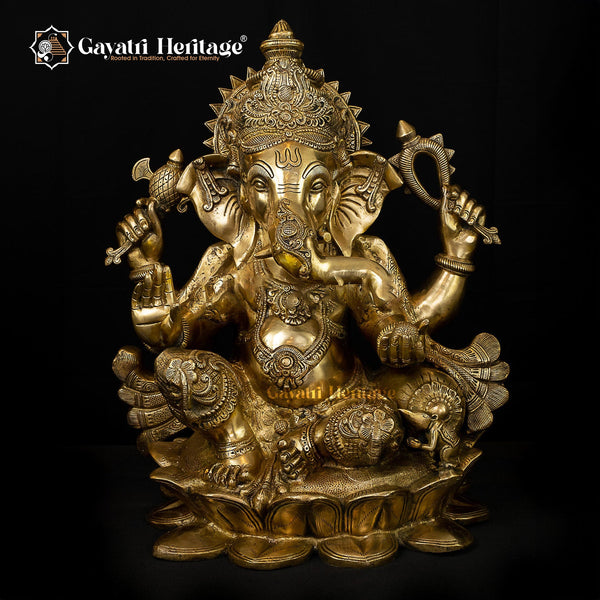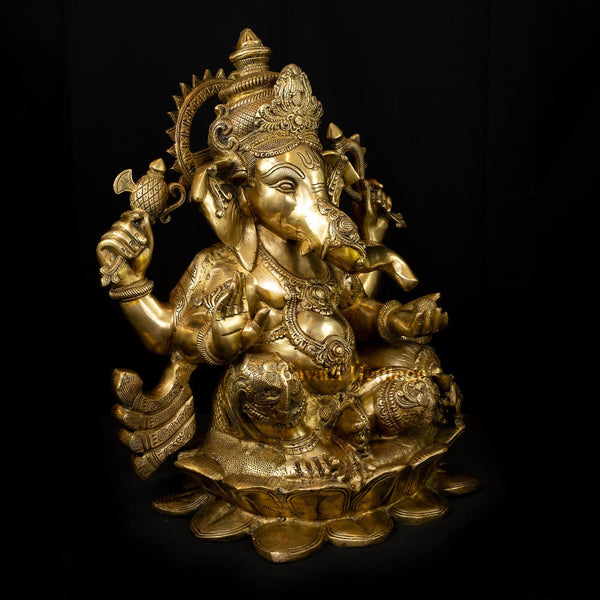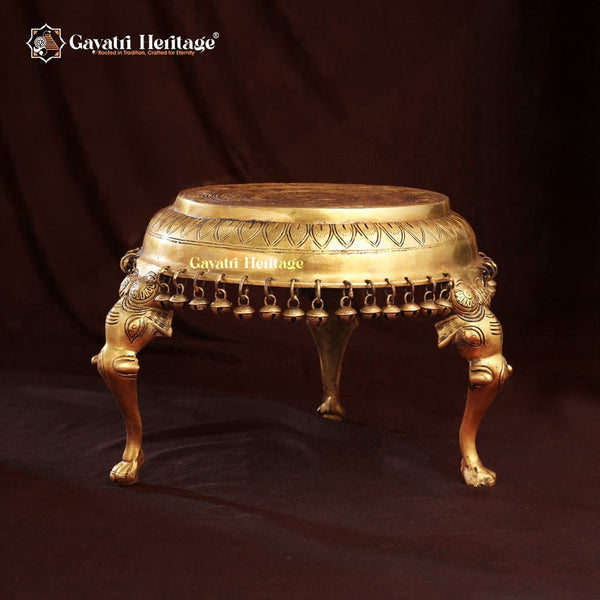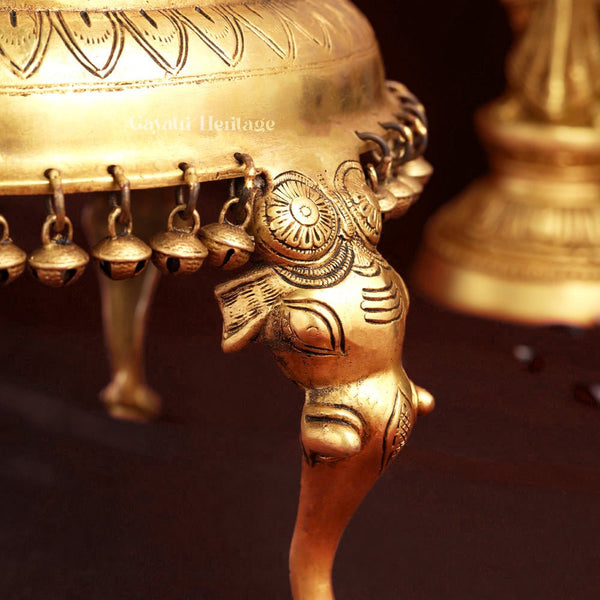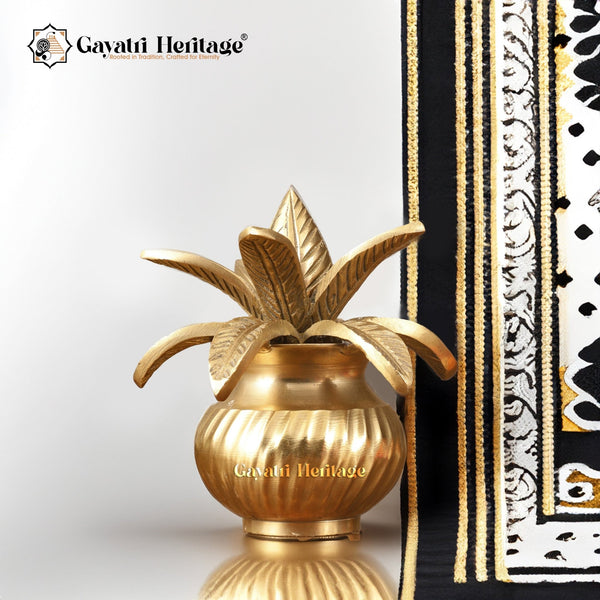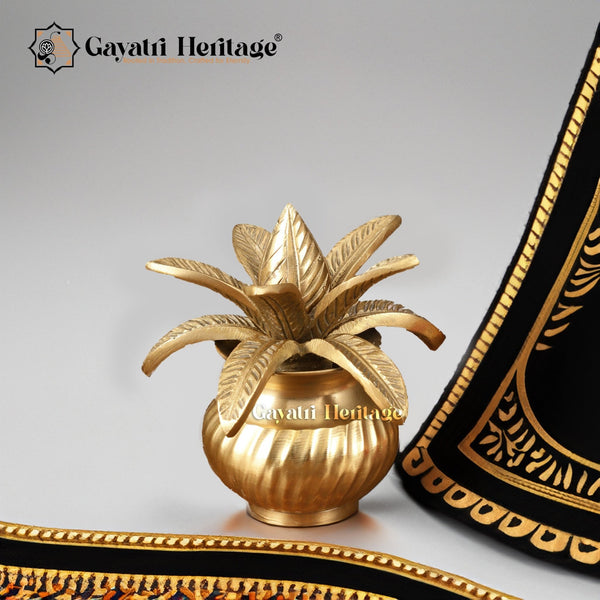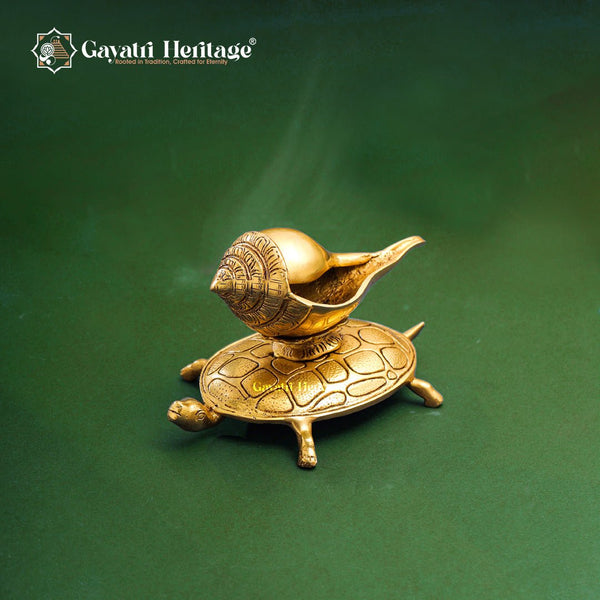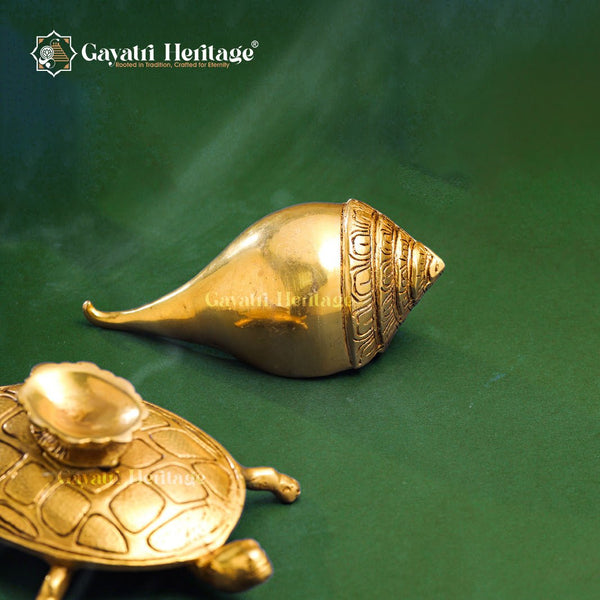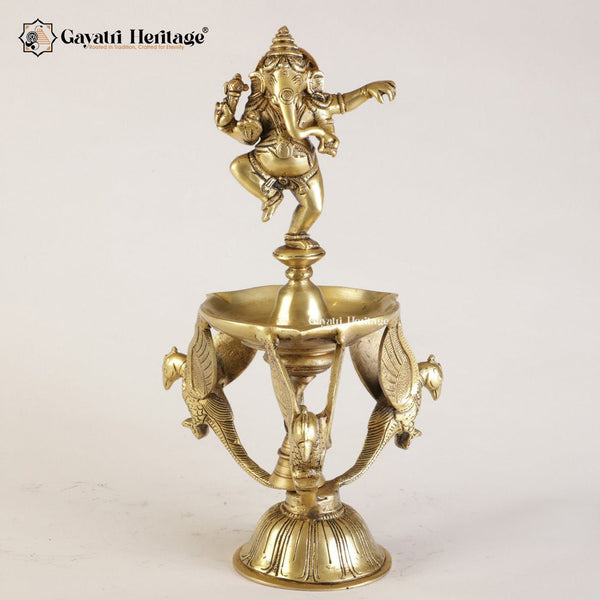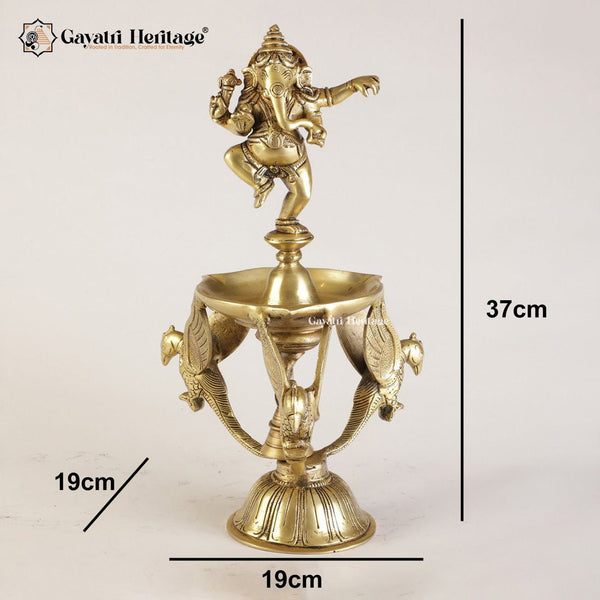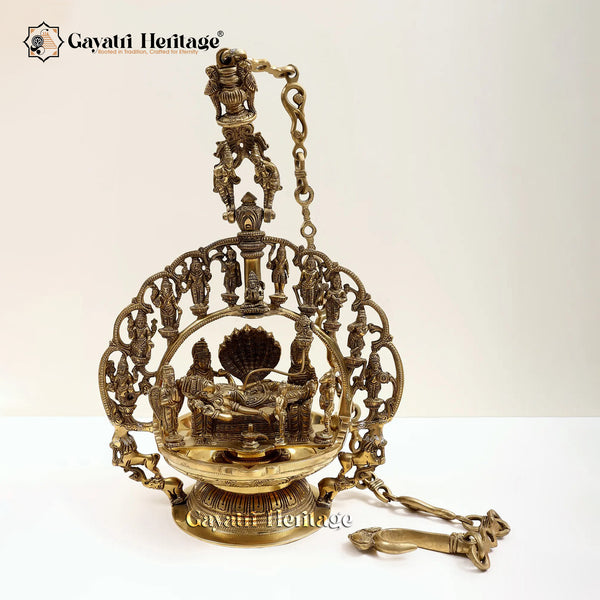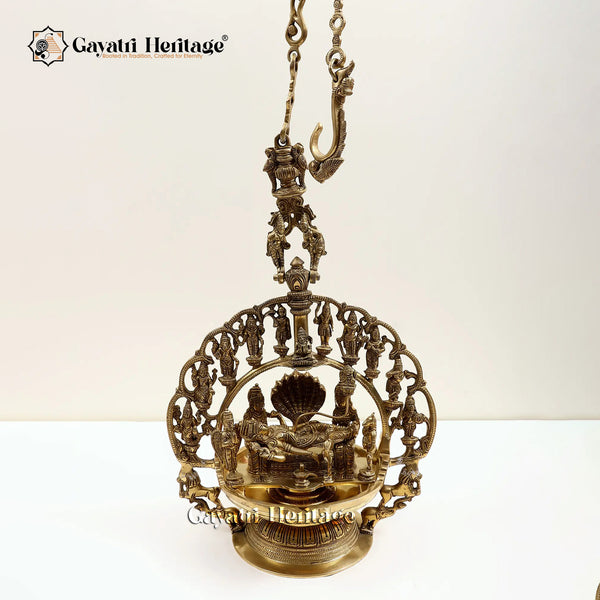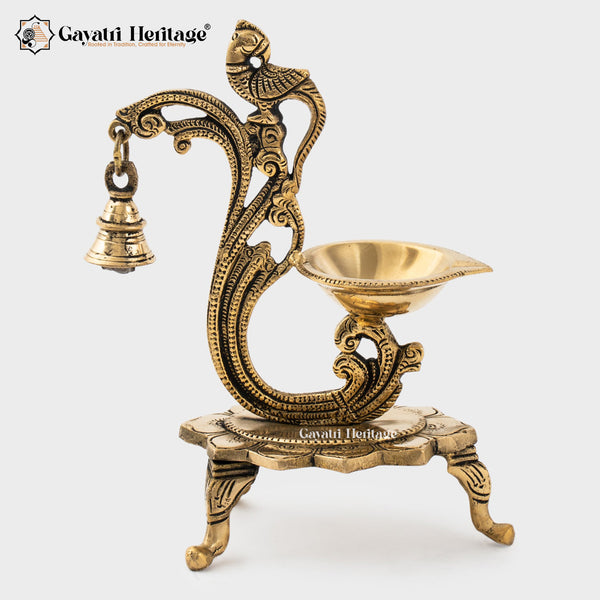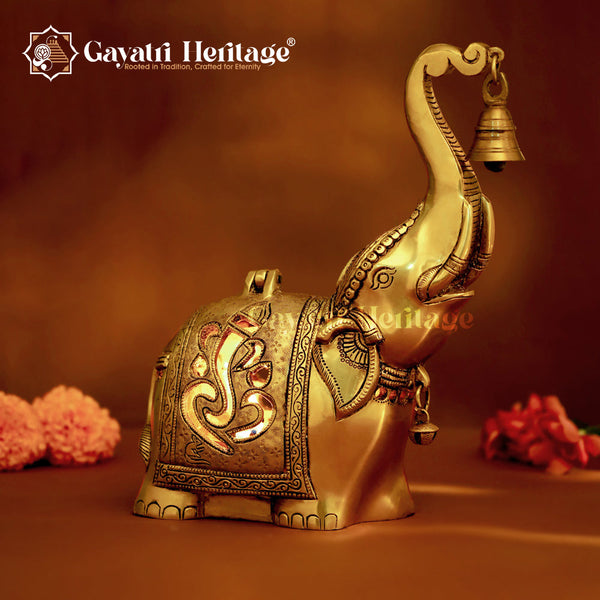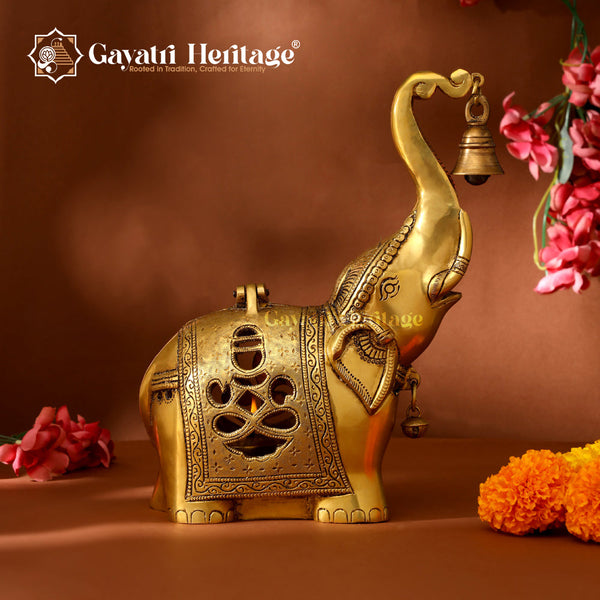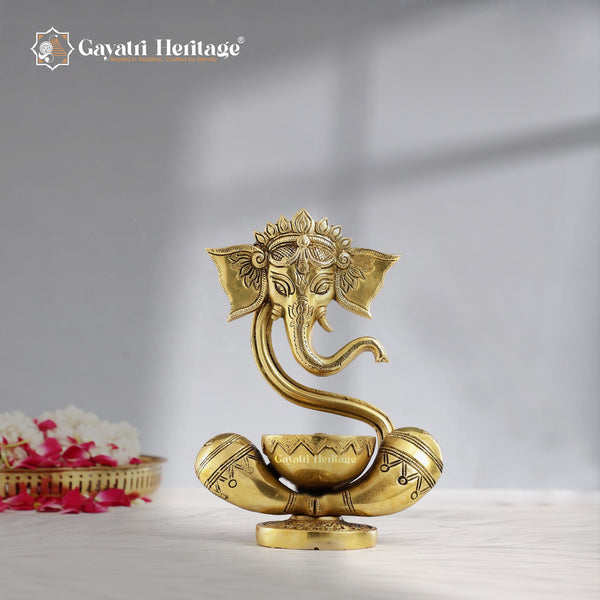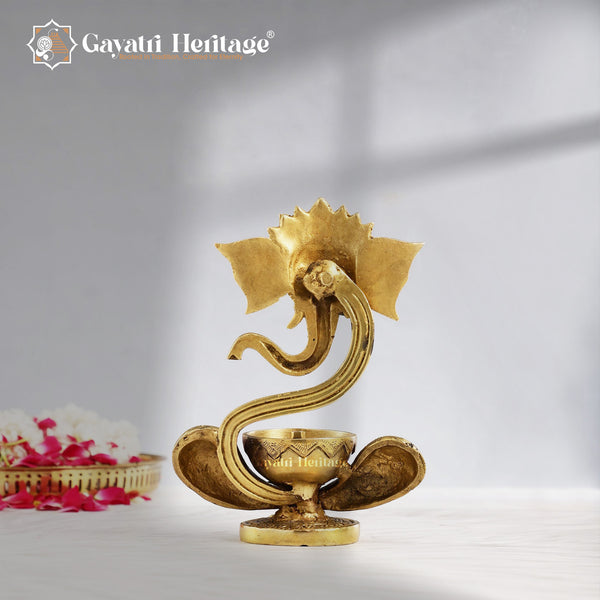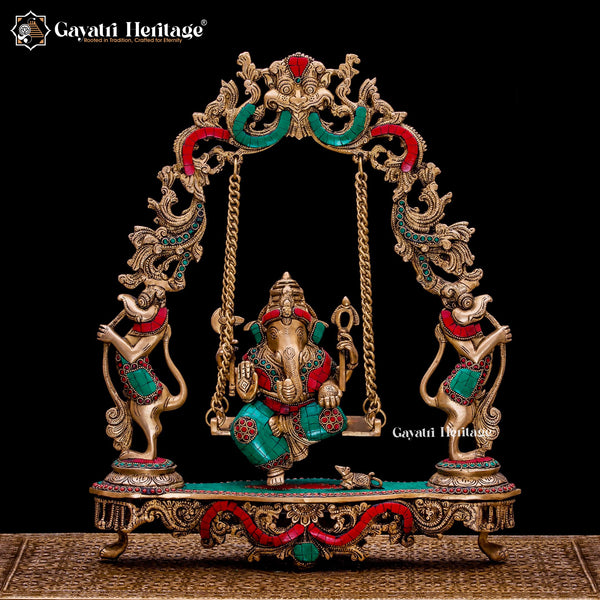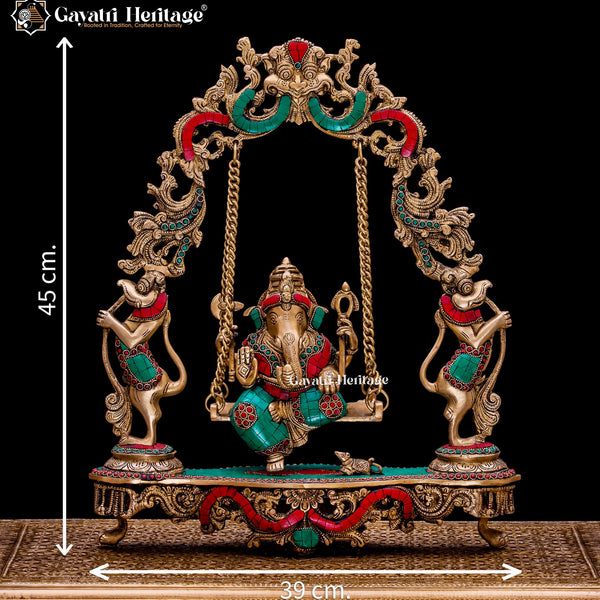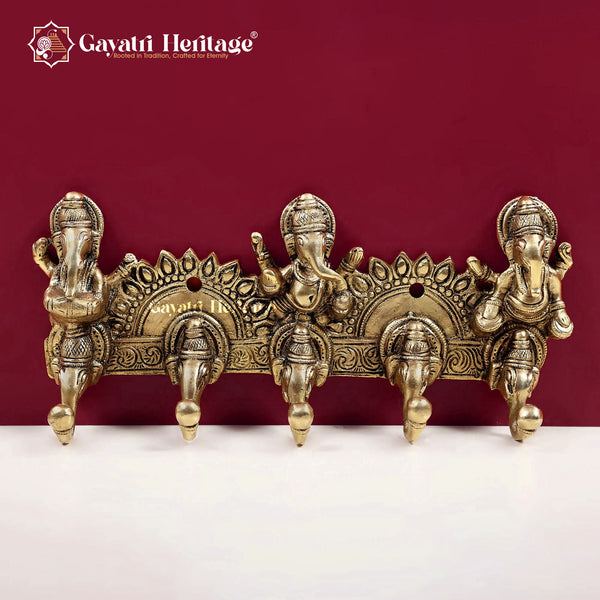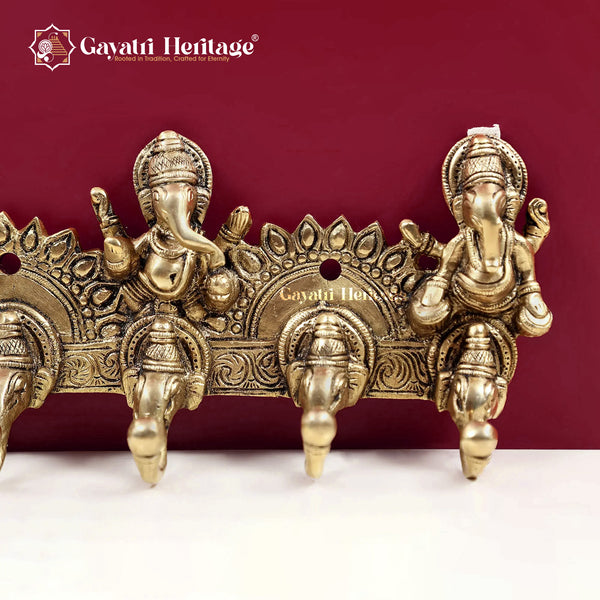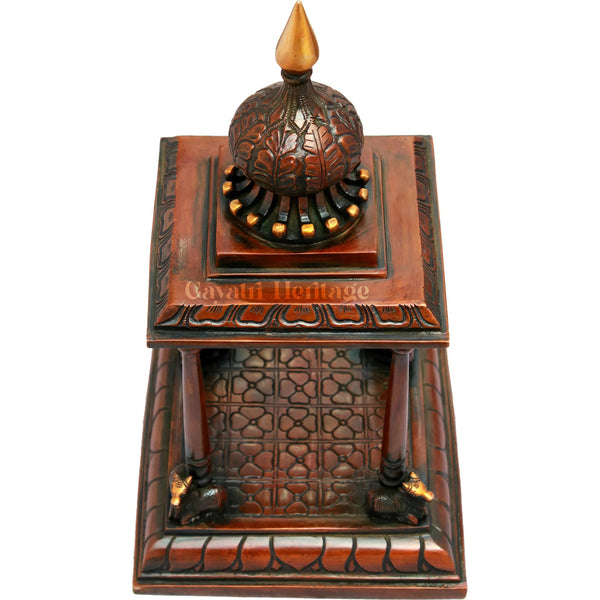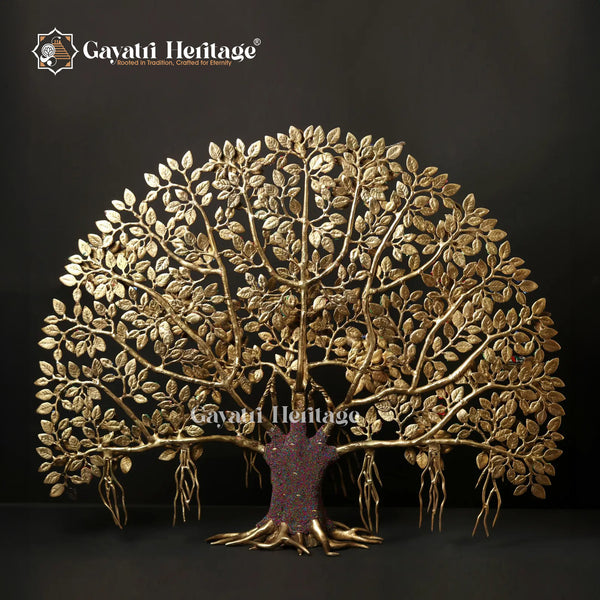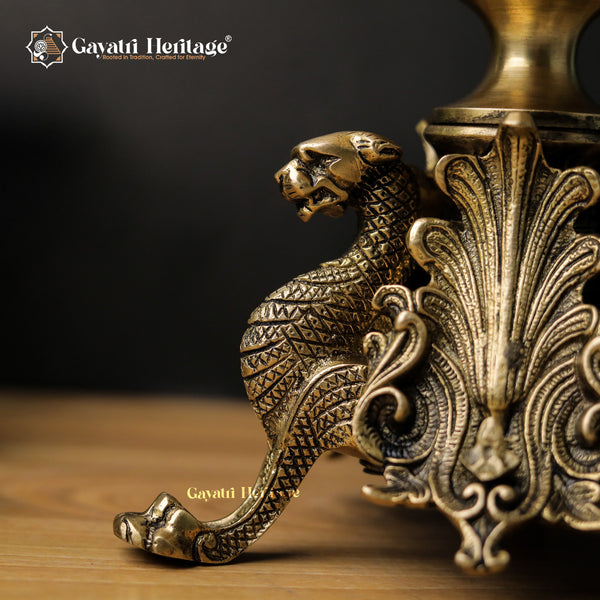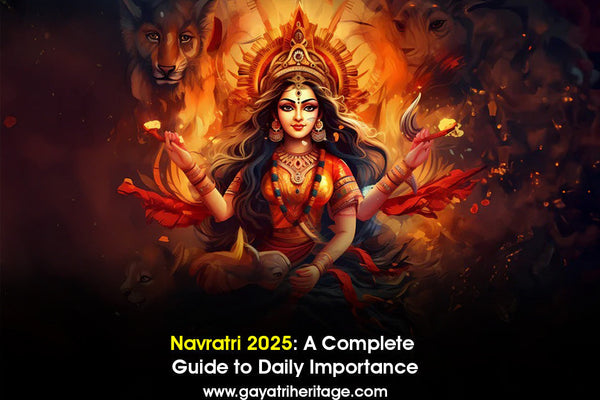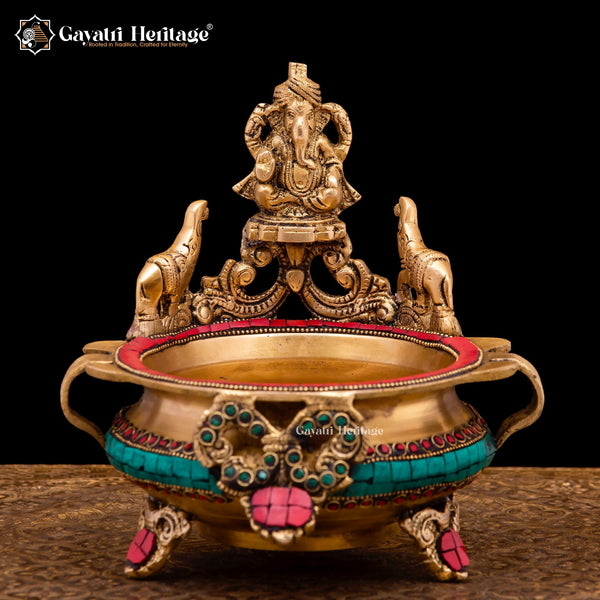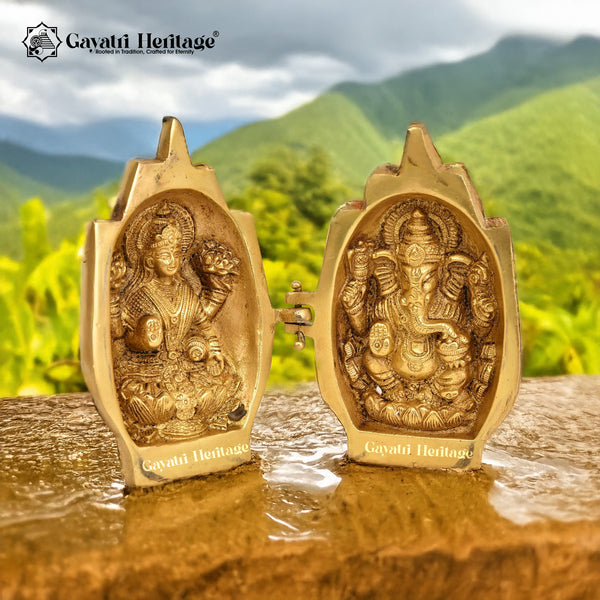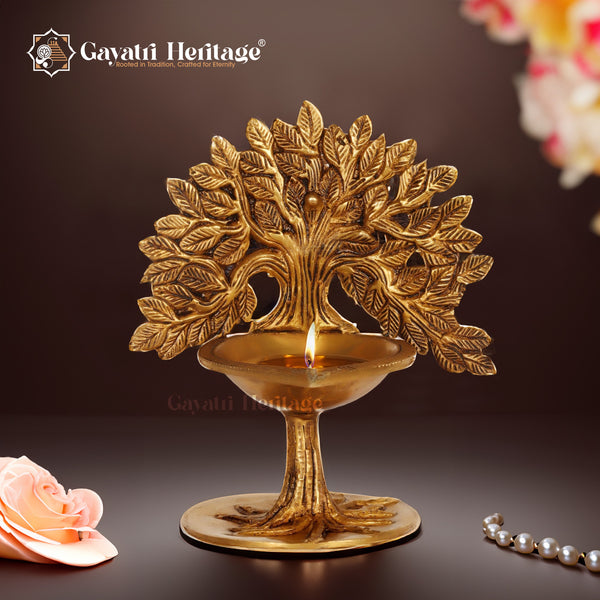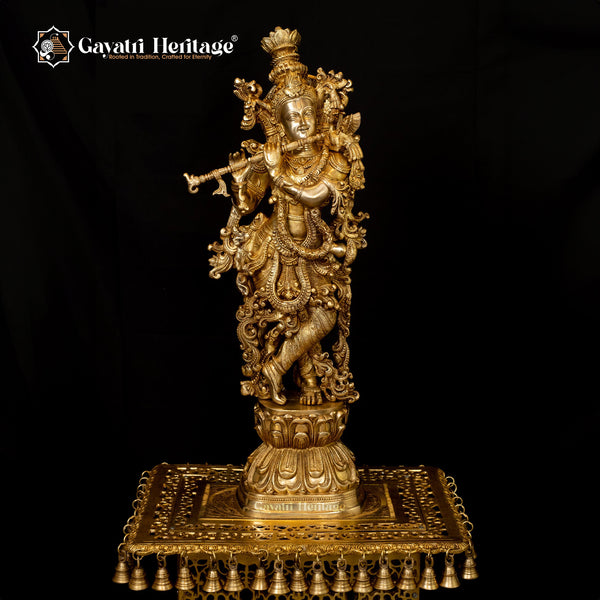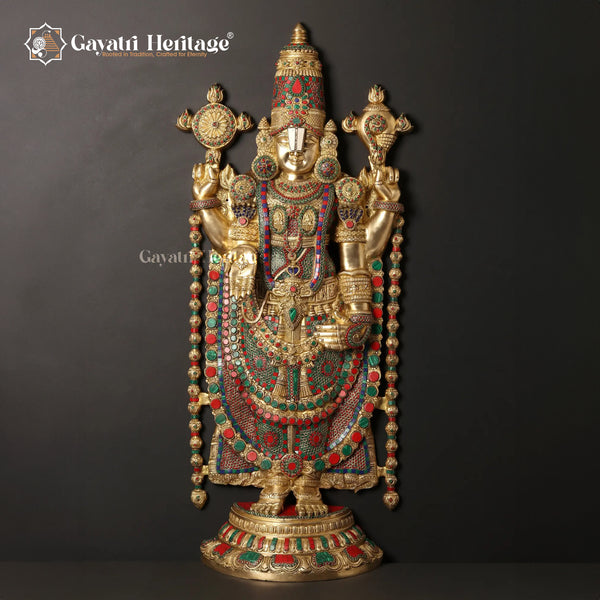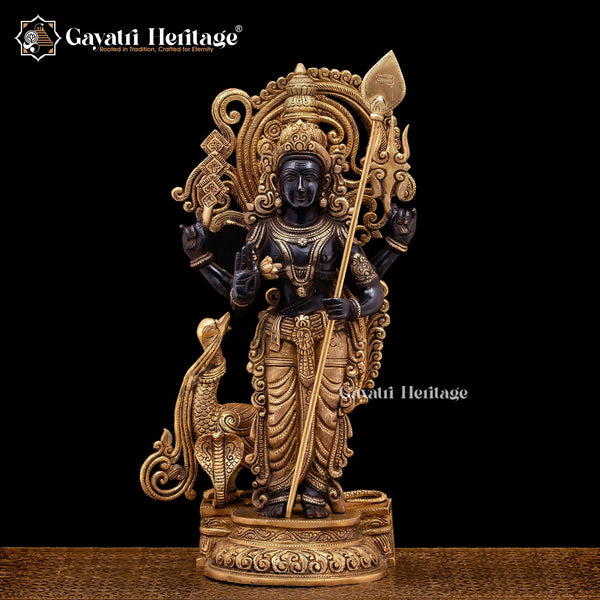Bali, also known as Mahabali, is one of the most revered figures in Hindu mythology. Unlike the conventional perception of demons as malevolent beings, Bali is celebrated for his righteousness, generosity, and unwavering devotion to Lord Vishnu. His tale is a fascinating blend of power, sacrifice, and divine intervention, making him a unique and benevolent demon king.
The Reign of King Bali
King Bali was a mighty asura (demon) ruler, known for his wisdom, justice, and compassion towards his subjects. His governance was marked by prosperity and harmony, and his devotion to dharma (righteousness) earned him great admiration. Under his rule, his kingdom flourished, and he was respected even by the devas (celestial beings). His character stood in contrast to many asuras who were known for their aggression and defiance of divine principles.
The Vamana Avatar – Lord Vishnu’s Divine Test
The story of Bali is intricately linked with the Vamana Purana and Bhagavata Purana. According to these sacred texts, Bali’s growing power became a concern for the devas. Seeking to restore cosmic balance, Lord Vishnu incarnated as Vamana, a dwarf Brahmin, and visited Bali during an elaborate yajna (sacrificial ritual) conducted by the king.
Vamana humbly asked for a simple boon – three paces of land. Despite warnings from his guru, Shukracharya, Bali, known for his generosity, granted the request without hesitation. To his astonishment, Vamana expanded into a gigantic form (Trivikrama) and covered the entire earth and heavens with two steps. Having nowhere to place the third step, Bali, in an ultimate act of humility, offered his own head. Pleased with his unwavering devotion and selflessness, Lord Vishnu granted Bali a boon of immortality and dominion over the netherworld (Patala). Moreover, he was allowed to return to his kingdom once a year, a tradition celebrated as the festival of Onam in Kerala.
The Legacy of Bali – A Symbol of Virtue
Bali’s story carries deep spiritual and moral lessons. Despite being an asura, his virtues of generosity, humility, and righteousness set him apart. His devotion to dharma exemplifies the idea that true nobility lies in one’s actions and intentions rather than one’s birth or race.
His annual return to his people symbolizes the triumph of truth, justice, and selfless service. The festival of Onam commemorates his rule, embodying the values of prosperity, unity, and gratitude. This enduring legacy makes King Bali a remarkable figure in Hindu mythology.
Shloka Evidence
The Vamana Purana and Bhagavata Purana recount the story of King Bali’s immortality:
Vamana Purana, Chapter 3: “Bali, the king of the asuras, is immortal. He will continue to reign in the netherworld and return once a year to his kingdom to visit his people.”
Conclusion
The tale of Bali stands as a testament to the power of righteousness, devotion, and sacrifice. His story challenges the traditional dichotomy of good and evil by portraying an asura who earned divine blessings through virtue. As a beloved figure in Hindu tradition, Bali continues to inspire devotion and admiration, reminding us that true greatness lies in humility, justice, and unwavering faith.
